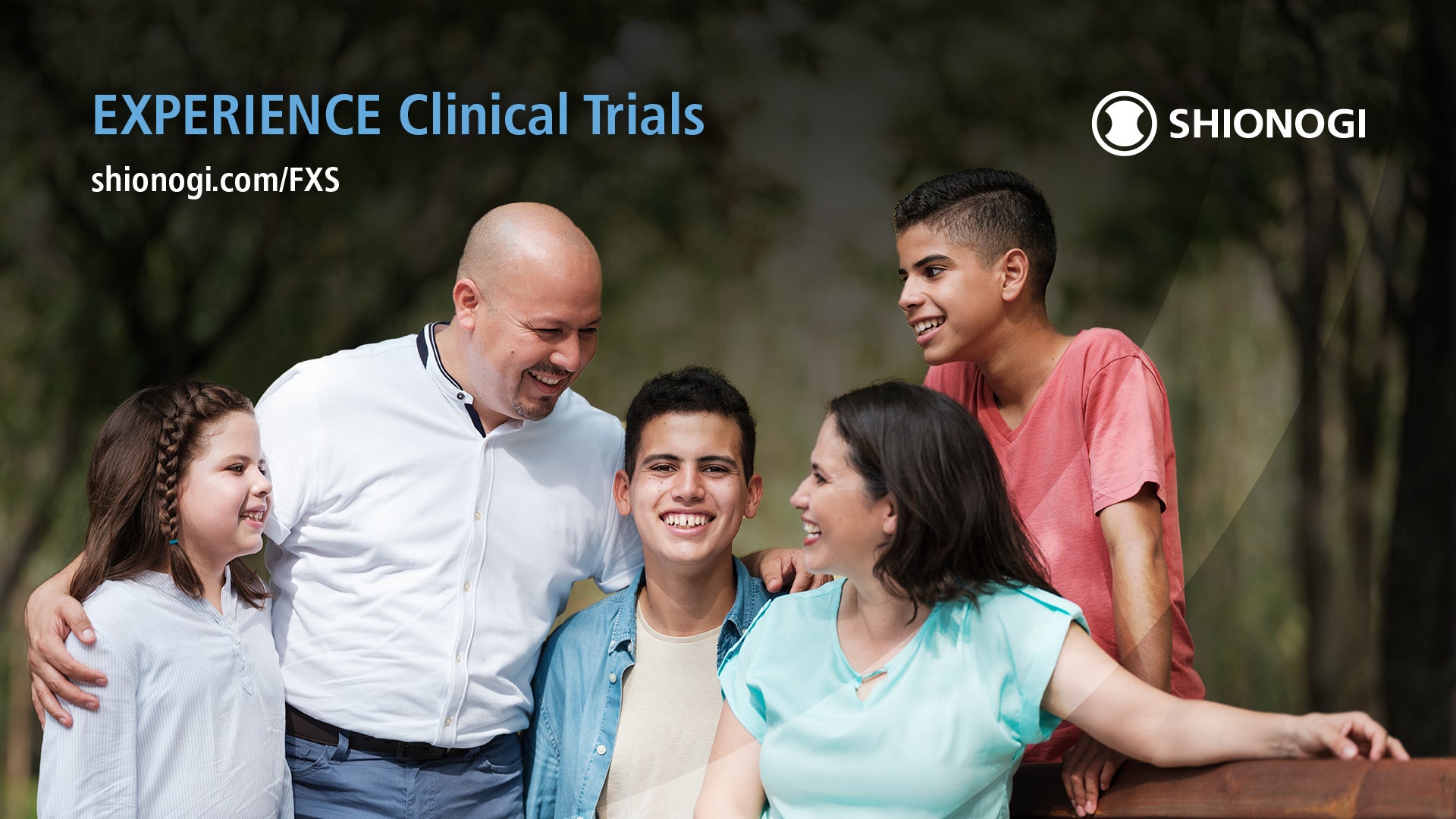By Hilary Rosselot
Tetra Therapeutics Presents During the 2022 Industry Updates Keynote at the 18th International Fragile X Conference
Chad Coberly, CEO of Tetra Therapeutics, a Shionogi Group Company, presented about BPN14770, a PDE4 inhibitor, during the Industry Updates keynote session at the 18th International Fragile X Conference. BPN14770 is in Phase 2b/3 trials in Fragile X syndrome with the goal of becoming an FDA-approved treatment for cognition in FXS. Tetra is now enrolling participants in their BPN14770 trial. More information about the trials can be found here.
Chad spoke about the status of Tetra’s Fragile X program, including their Phase 2 trial results, their current Phase 2b/3 BPN14770 trials, and their hopeful timeline for approval. Learn more about Tetra and their BPN14770 trials by watching their 2022 Industry Updates presentation or vising their MyFXResearch post.
about

Hilary Rosselot
Hilary joined the NFXF team in 2019. Prior to joining the NFXF team, she worked at the Cincinnati Fragile X Research and Treatment Center for over five years. She has experience as a clinical research coordinator across many types of clinical trials and served as the clinical research manager for the Cincinnati program. She earned a bachelor’s degree in psychology, a master’s, and is a SOCRA certified clinical research professional (CCRP). She enjoys time with family and friends, a great book, a strong cup of coffee and, of course, a good laugh!
learn more
EXPERIENCE Clinical Trials – Join Today!
You may have heard about EXPERIENCE (Evaluation of Fragile X Experience in Cognition Expression) clinical trials as the Tetra studies or the studies of BPN14770 in Fragile X syndrome. EXPERIENCE is now being managed by Shionogi and clinical trial sites across the U.S. are still enrolling qualified male participants aged 9-45.
Gene therapy simplified: what is it and how does it work?
Gene therapies are being developed at a rapid rate. Although there are currently no FDA-approved or interventional gene therapies for FXS, the future has never looked brighter for treating the root cause of FXS!



